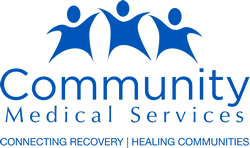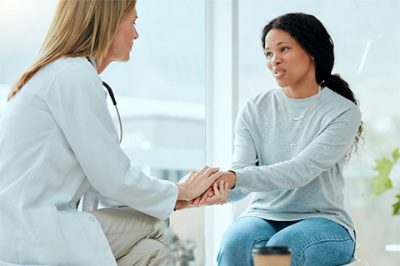We know getting help with opioid addiction is extremely difficult. That’s why Community Medical Services is here to help you in any way we can. Our Madison, WI clinic is staffed with expert care providers and offers compassionate treatment to individuals suffering from opioid use disorder (OUD).
At Community Medical Services, we have one goal; to help our patients on their journey to recovery as they reclaim their whole selves. We take a holistic approach to treatment, offering the latest medications for opioid use disorder (MAT), counseling and support services. If you need help recovering from the devastating effects of opioid addiction, our Madison, WI clinic is here for you.
Our Madison clinic is located East of Capital Springs State Recreation Area, next to J&L Automotive and 4-Wheel Drive Center and The Radio Doctor. On-site parking is available.




